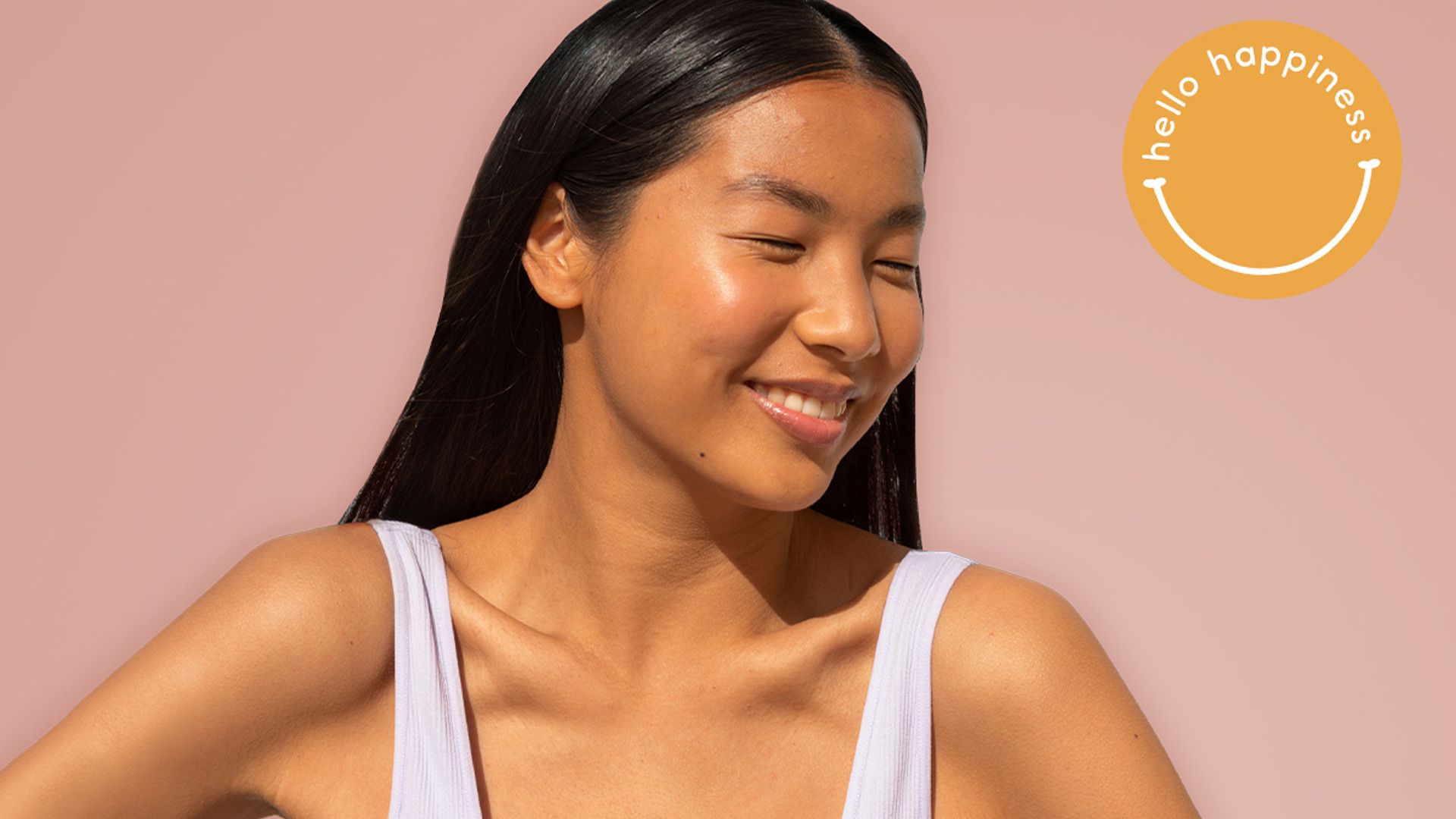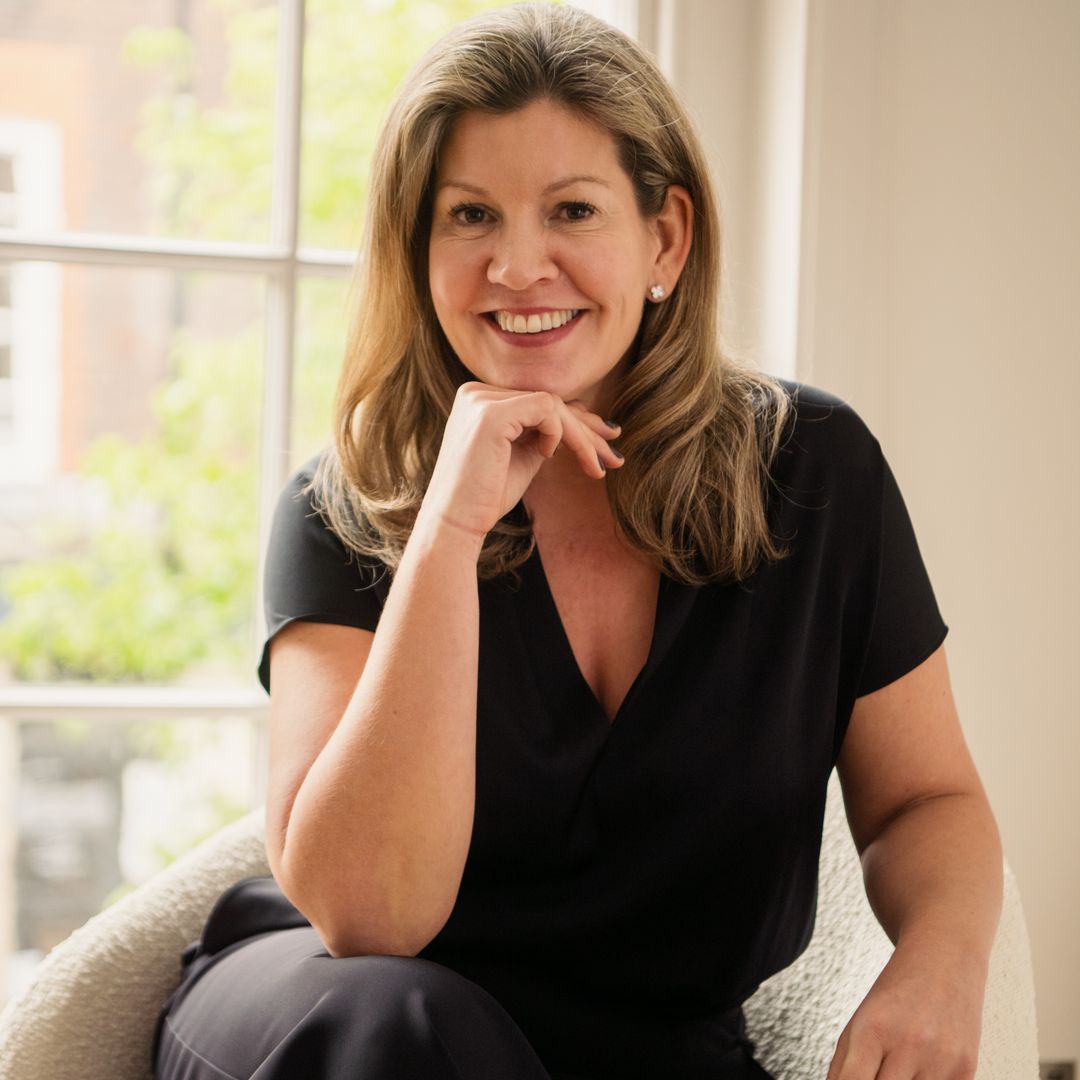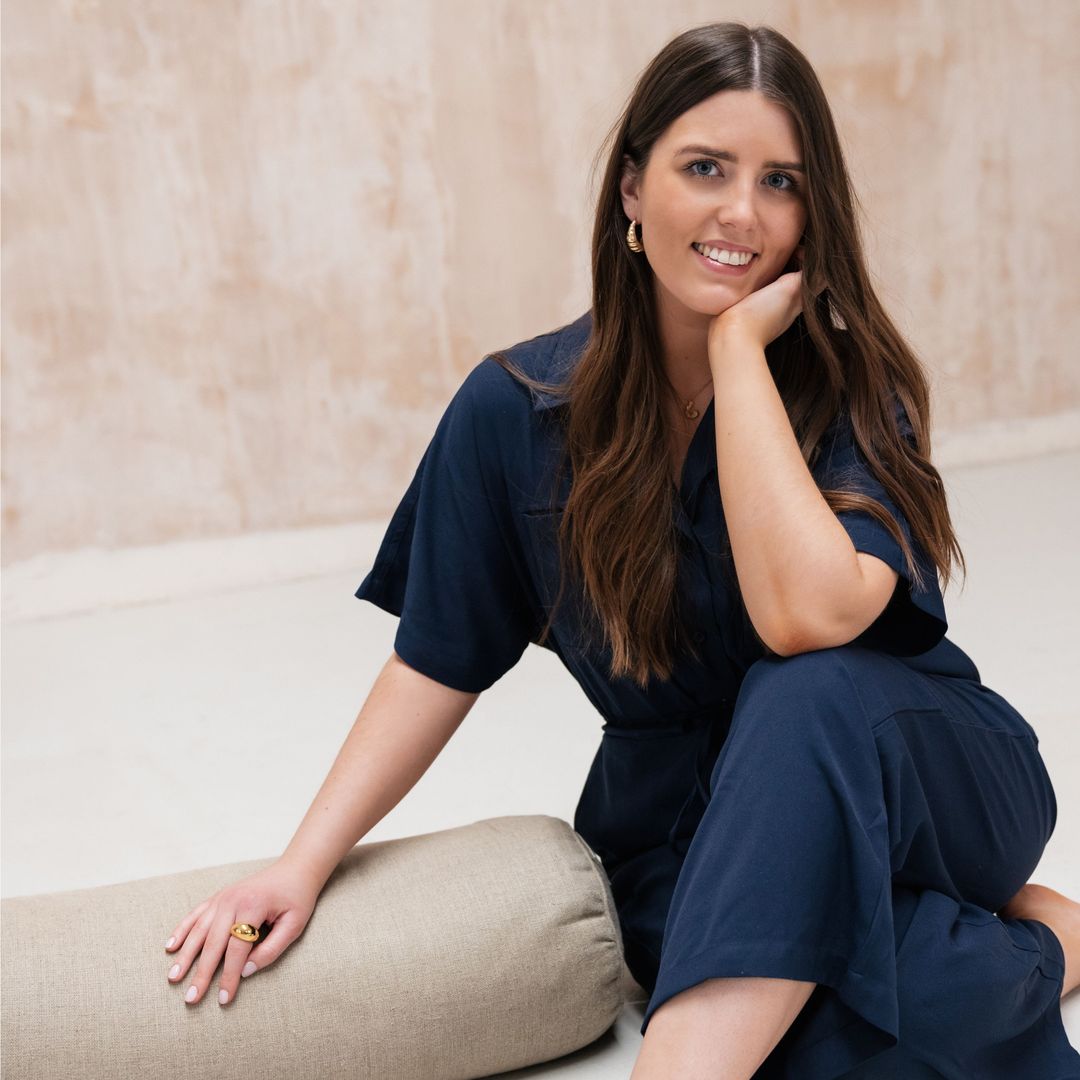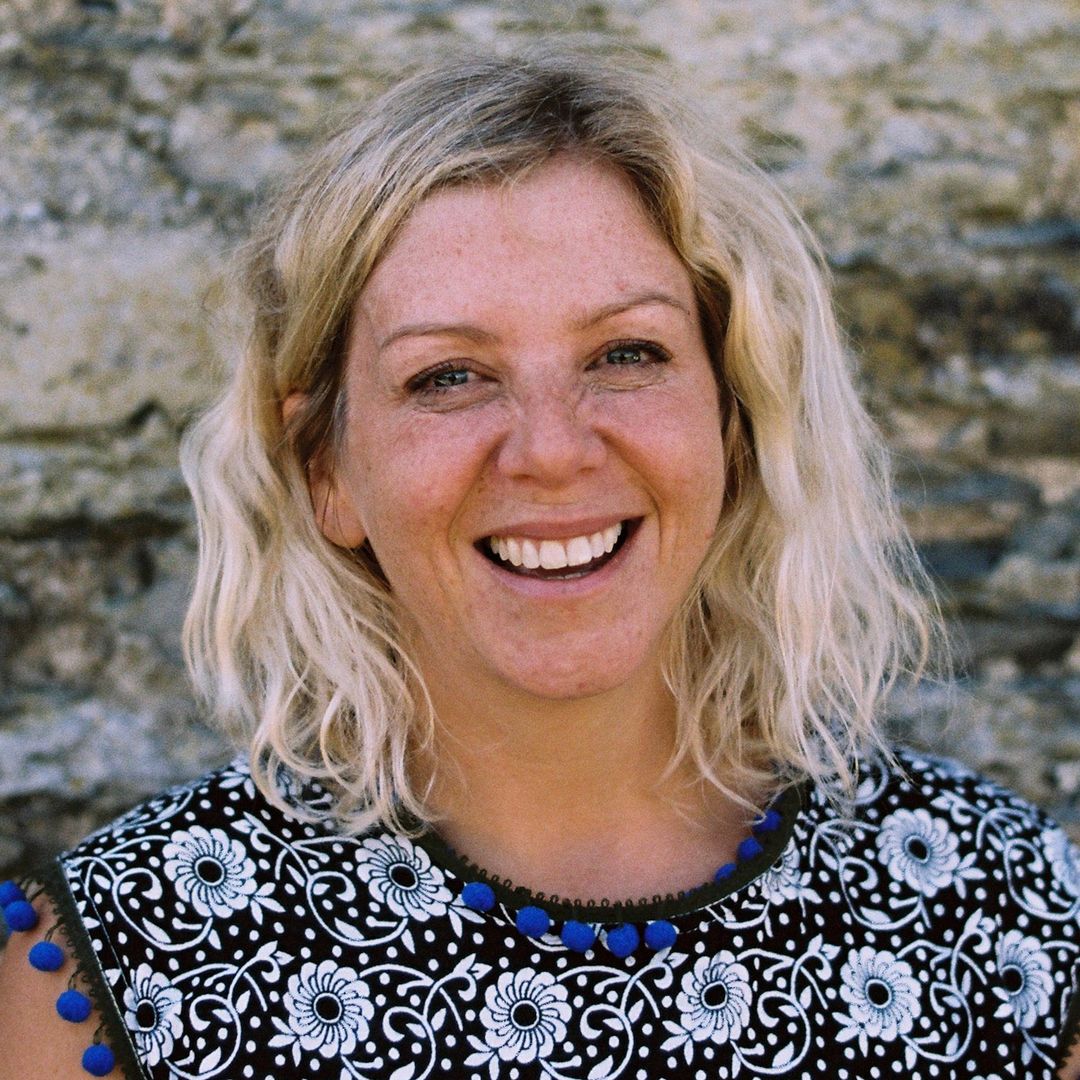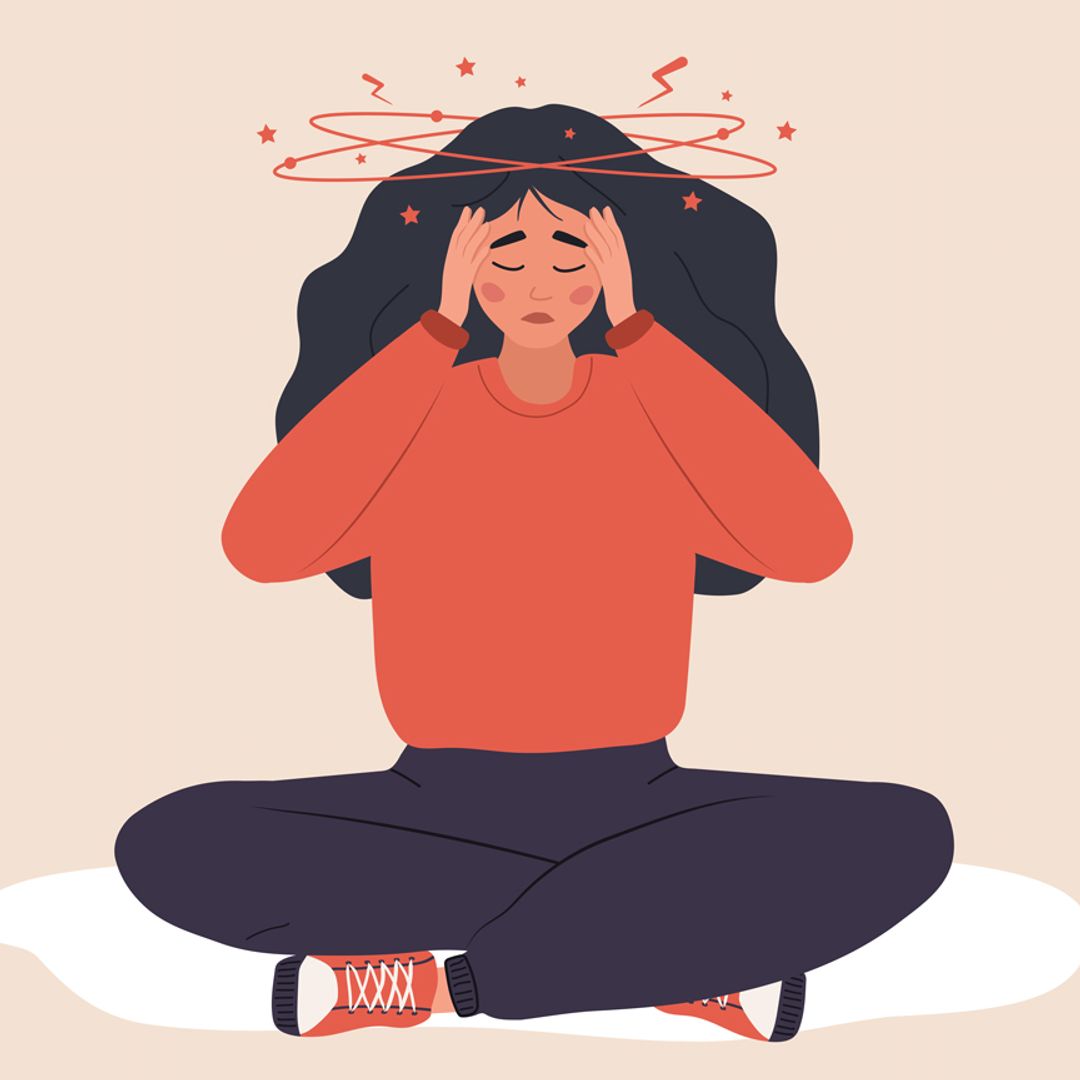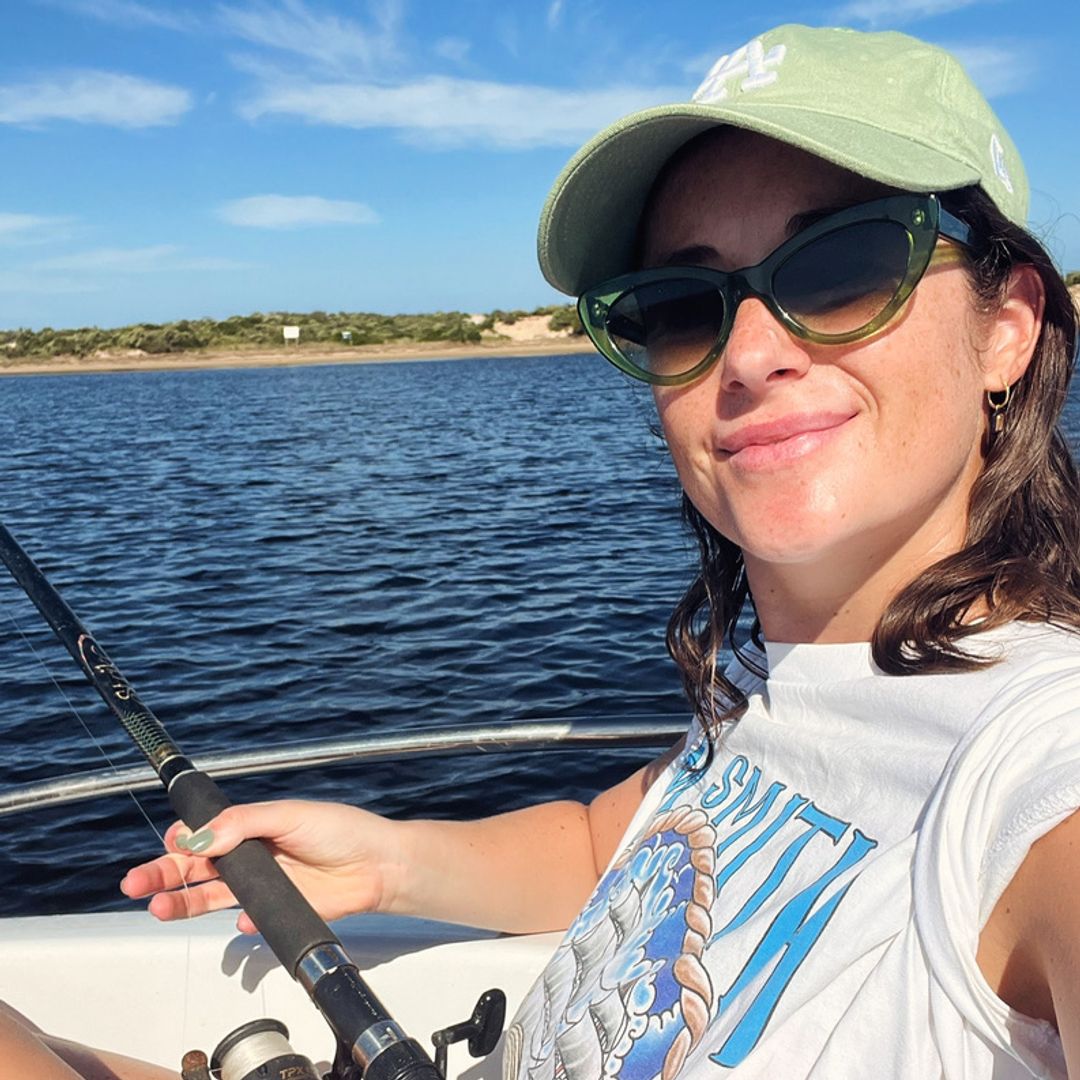All anyone wants is to be happy. The things we pursue in life, be it work, success, love, family, travel or possessions, are done with that aim. And when we asked our readers what was most important to them, an overwhelming 89% told us the answer was happiness. But while this universal desire is simple, the path to achieving it isn't always clear.
The great news is that making yourself happier isn't as hard as it sounds, and it certainly doesn't require the achievement of large, ambitious and difficult-to-reach goals.
HELLO! has spent the past year researching the topic and working with people who have devoted their lives to the study of happiness, in order to share their findings.
What is HELLO! Happiness?
We've teamed up with Warwick University's Professor Andrew Oswald, who has spent much of his career focusing on this very thing, to create a structure for our new lifestyle project which aims to help our readers around the world achieve the one thing they really want: a happy life.
With Professor Oswald's help, and that of many others in the field, we've devised a 10-week Pathway to Happiness course. This course will give our readers the tools to make small but meaningful changes in their lives which are scientifically proven to improve wellbeing. And we've been talking to people, both experts and members of the public, who have done just that, so we can tell their stories and inspire both hope and action in our readers.
Does the Pathway To Happiness course work?
But we want to make sure our Pathway works. In a world full of content, and a global wellness industry worth billions, it can be hard to know that the advice you're getting is valuable. This is why we're working with Warwick University to test our outcomes and to use data to make sure the stories we're producing are worth your time to read.
What is the happiness U curve?
One major thing we've learned from Andrew and the many scientific studies conducted on the subject of happiness, is that how happy you currently feel is likely impacted by a general pattern in the shape of a U – starting off on a happiness high at the age of 18 and dropping gradually as life progresses, bottoming out in your late 40s. Beyond that, the only way is up!
"We can't explain the path of happiness,” says Andrew, who made this fascinating discovery back in 2008. "But what we can do, thanks to many studies done all over the world, is to show that there is this remarkable U shape over the most of life."
He says it's a huge paradox that this low point tends to occur when people are generally earning the most, and before illness and infirmity hit. But while it's surprising, it's a pattern that can be seen among great apes and chimpanzees, too. "So maybe there is some deep mechanism at work here," he adds, "that is not about the nature of modern life at all."
While you might find comfort in knowing you're not alone, and your overall level of happiness is likely shared with many of your friends of a similar age, what this doesn't mean is that there is nothing you can do about it.
Patience and the passage of time is likely to eventually improve feelings of contentment, but happiness is far from a passive state. And what the multiple scientific studies we have read and digested have proven, is that there are a lot of simple changes you can make to your daily life which will make you feel happier – and it can happen fairly swiftly too.
How to be happier
There are many things that have been proven to make you happier, from stepping outside of your comfort zone, to being kind to others and eating and exercising regularly. The two we're focussing on to start with, are spending more time in nature and learning to love yourself for who you are, rather than comparing yourself to those around you.
These are the topics of the first two content pillars we're launching on our Happiness Hub: Nurtured by Nature and Beautiful You. In these new website zones, we'll be explaining the science, talking to experts and telling stories from a diverse range of inspirational people who have transformed their own happiness by making small changes in their lives. We also spoke to HELLO! staff and readers alike about what makes them happy - watch the video below to find out.
WATCH: 12 simple steps to happiness
As the year goes on, we'll be launching new content pillars based around the ten stepping stones in our Pathway to Happiness email course. We'll be working with Professor Oswald to bring you the latest discoveries in the field (his team is currently working on diet, and the importance of fruit and vegetables in the pursuit of mental wellbeing) and we'll be publishing the findings of our studies to ensure our happiness content really is making a difference to the people who read it.
Is money important to happiness?
One great discovery – especially in the midst of a cost-of-living crisis – is that money is certainly not the be-all and end-all when it comes to being happy. "Money matters, but not as much as seems widely believed by politicians and the public," says the professor. "We know from ONS data, for instance, that parts of rich London have lower happiness than some parts of Northern England where pay is starkly lower.
"My group has also discovered that humans have the capacity to bounce back from tragedy (the death of a partner, disability or divorce for example) in a really striking and encouraging way. Those who divorce, for instance, end up noticeably happier three years after the split than they were two years before – and that's true of men and women. So even huge difficulties can be overcome."
Professor Oswald is keen to point out that he is not receiving any financial incentive for his partnership with HELLO!, but was rather eager to help share the findings of his scientific community, and to assist in our mission of using data to ensure the content we produced really did make a difference to our readers' lives.
"I take the view that researchers are in the business of uncovering knowledge to help the citizens of their country, and indeed other countries. For objectivity, my stance in my professional life has been to turn down payments from commercial organisations, and I would hope that university researchers can be trusted, in this way, to report the truth."
We're so excited to be able to start sharing the results of our work together and can't wait to take you on this journey towards happiness.
How to get involved with HELLO! Happiness
Please sign up for our free ten-week Pathway to Happiness course, and bookmark our Happiness Hub, where we'll be publishing new articles from experts, celebrities and a diverse selection of inspiring real-life writers to help inform and inspire the changes in your life.
We look forward to joining you on your happiness journey!
Subscribe to Hello Happiness, for your ultimate guide on how to be happier.
